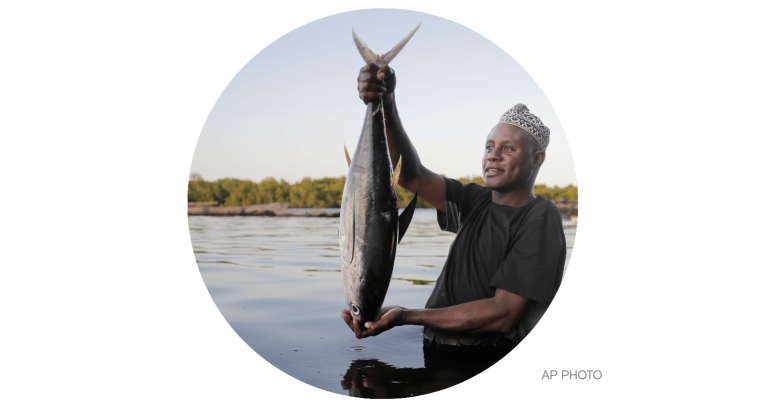It’s Thursday, February 23, and REI is finally saying no to PFAS.
After more than a year of pressure from environmental groups, the outdoor retailer REI announced on Tuesday that it will ban hazardous “forever chemicals” from all its clothing and cookware by fall 2024.
REI’s new product standards will require its suppliers to eliminate all per- and polyfluoroalkyl substances, or PFAS, from the pots, pans, shoes, bags, packs, and similar gear sold by the retail chain. Suppliers of heavy-duty apparel like professional-grade raincoats will have until 2026 to make those products PFAS-free.
Mike Schade, a program director for the nonprofit Toxic-Free Future, told me the decision would “drive yet another nail in the coffin for PFAS.”
PFAS are a class of over 9,000 human-made chemicals whose nonstick and water-repellent properties have made them useful in an array of consumer products, from outdoor clothing to pans to firefighting foam. These substances don’t break down naturally in the environment — hence the name “forever chemicals” — and have been detected in the bloodstream of 97 percent of Americans and hundreds of wild animal species worldwide. They have been linked to serious human health problems including cancer and liver damage.
Over the past several years, retailers and manufacturers around the world — including, most recently, the Fortune 500 company 3M — have pledged to stop producing PFAS and phase them out of the products they sell. Other companies, like REI, have been perceived as slow to respond. Since September 2021, REI has been the target of a national campaign urging it to set a concrete timeline for eliminating forever chemicals, not only from its private-label products but from other brands’ clothing that it sells in its stores.
Schade said not doing so was inconsistent with REI’s branding as an environmental champion. “PFAS leaves behind a toxic trail of pollution,” he told Grist, from the manufacturing stage to when contaminated products are thrown away.
Environmental advocates have applauded REI’s move, but they urged the retailer to avoid “regrettable substitutions” by taking steps to ensure that any replacement chemicals used to waterproof its products are also safe for consumers.
In the news
How widespread are these toxic chemicals? They’re everywhere.
Catrin Einhorn, The New York Times
➤ Read more
France eyes ‘unprecedented’ water curbs after driest winter since 1959
Marine Strauss, Reuters
➤ Read more
Politicians are drinking the water in East Palestine to ‘prove’ it’s safe
Paul Blest, Vice
➤ Read more
It would take less than 3% of Big Oil’s profits to clean up methane emissions
Emily Pontecorvo, Grist
➤ Read more
Hundreds of Energy Department officials hold stocks related to agency’s work despite warnings
Rebecca Ballhaus, Brody Mullins, Chad Day, and Coulter Jones, The Wall Street Journal
➤ Read more
Scottsdale proposes a plan to provide Rio Verde foothills with water. But the details remain murky.
Wyatt Myskow, Inside Climate News
➤ Read more

